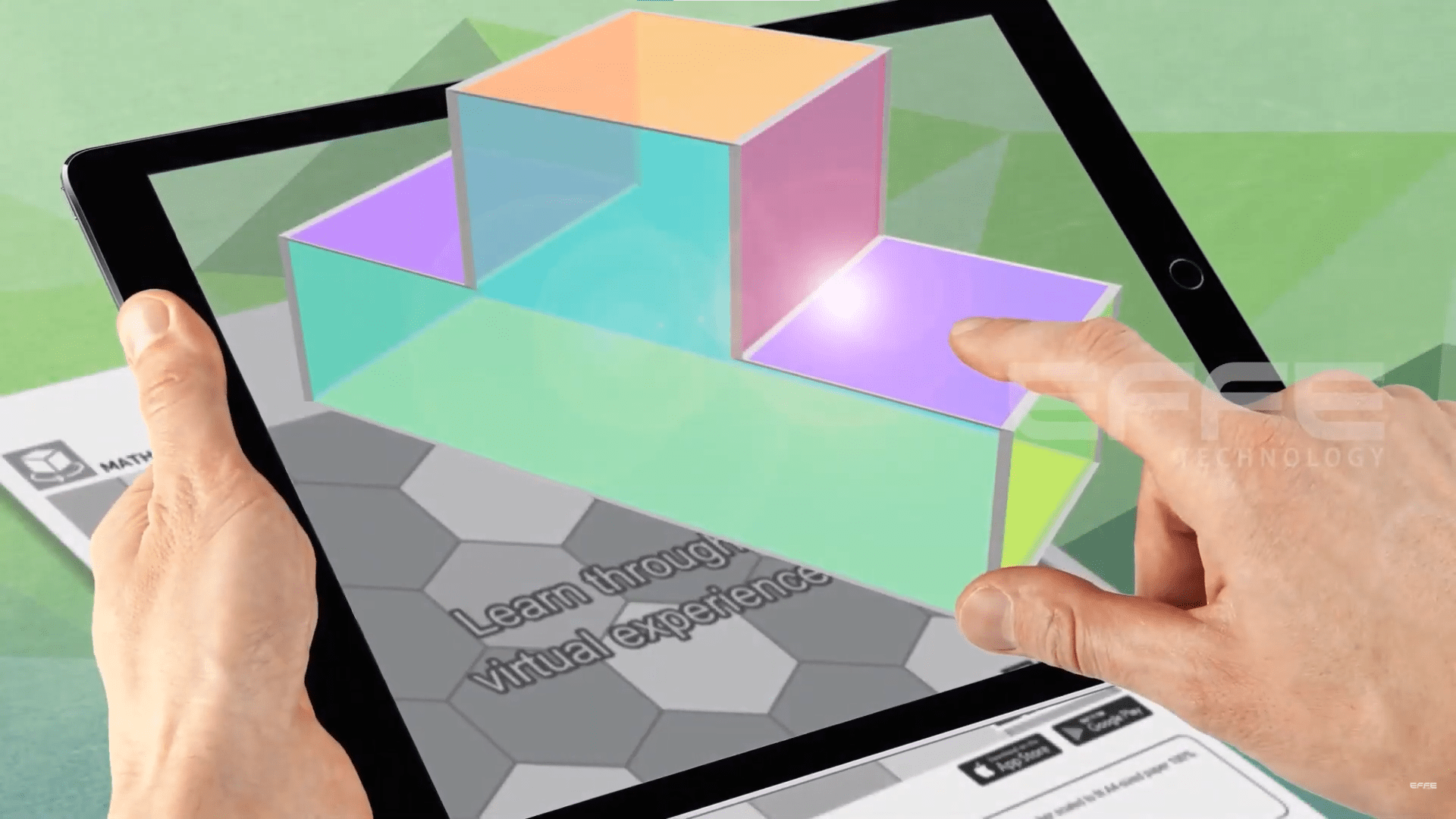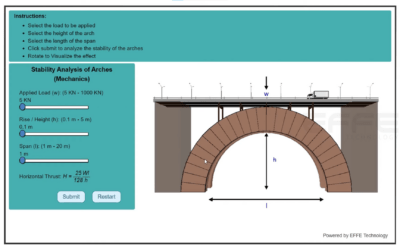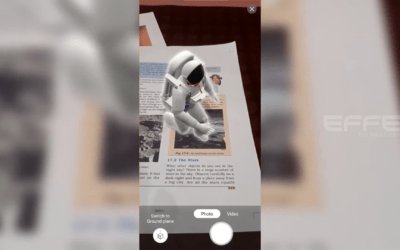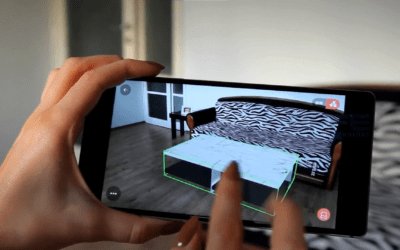Project Brief
Mathematics, often deemed a challenging subject, becomes an exciting, interactive experience with EFFE Technology’s VR Lab for Mathematics. Designed as an immersive eLearning solution, the virtual lab solution uses virtual reality to teach complex math concepts through engaging 3D games. This cutting-edge application transforms traditional learning environments into interactive spaces, encouraging better understanding and retention among students.
Client Requirement
The client, an innovative eLearning company, sought to make mathematics accessible and enjoyable for students worldwide. Their vision included creating an engaging platform that leveraged virtual reality to simplify complex mathematical problems and improve students’ learning outcomes. They needed a versatile solution that offered interactive 3D experiences and accommodated various learning levels, from basic arithmetic to advanced geometry.
Additionally, the platform required compatibility with standard VR headsets and seamless integration with existing eLearning infrastructures. The ultimate goal was to create a visually stimulating and user-friendly tool, such as the VR Lab for Mathematics, to engage students in both classroom and remote learning settings, ensuring consistency and effectiveness in math education.
Project Planning, Strategy, and Our Process
Planning Phase
EFFE Technology began the project by conducting extensive research into educational psychology, focusing on how visual and interactive tools could enhance learning outcomes in mathematics. We collaborated closely with the client to identify key pain points in traditional math learning and crafted a strategy to address them with virtual reality through the VR Lab for Mathematics.
Development Strategy
Our strategy centered on developing a series of virtual modules tailored to different math topics, such as algebra, geometry, and statistics. Each module in the VR Lab for Mathematics was designed to:
- Offer interactive problem-solving exercises.
- Provide real-time feedback to learners.
- Include gamified elements to motivate students and track their progress.
The virtual lab solution’s architecture also prioritized scalability, ensuring the platform could be expanded to incorporate new lessons or features as needed.
Execution Process
- Content Creation
We created highly detailed 3D models and simulations to represent abstract mathematical concepts visually. For example, students could explore a 3D graph or manipulate geometric shapes in real-time to understand their properties. - Gamification
The modules were designed as interactive games, where students could “unlock” levels by solving problems or completing challenges. This approach made learning engaging while reinforcing concepts in the VR Lab for Mathematics. - VR Development
Our team developed the application using advanced VR tools, ensuring it was compatible with most headsets, including Oculus and HTC Vive. The software was optimized for high performance, even on lower-end devices, to maximize accessibility for the VR Lab for Mathematics. - Testing and Feedback
Extensive beta testing was conducted with educators and students. Feedback was used to refine the platform’s usability, visual appeal, and interactivity, ensuring the VR Lab for Mathematics met all educational objectives. Visit Our Partner site
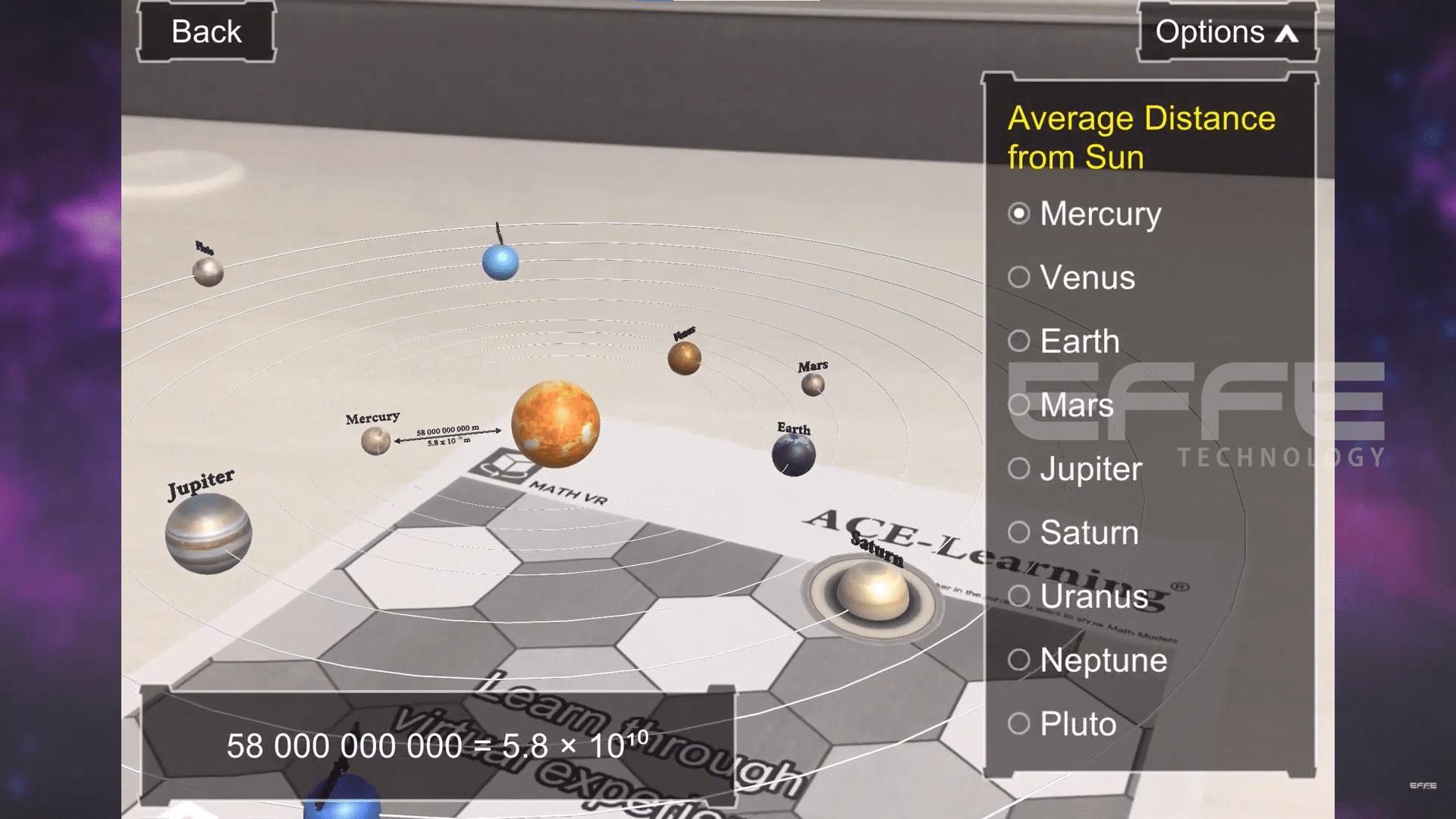
Deliverables and Client Benefits
Deliverables
- A fully functional VR Lab for Mathematics application featuring 3D games and interactive modules for various mathematical concepts.
- Comprehensive user guides and onboarding materials for educators.
- Post-launch support and updates to ensure the application’s success.
Client Benefits
- Enhanced Student Engagement
Students found math less intimidating and more enjoyable. The gamified learning experience in the VR Lab for Mathematics fostered curiosity and encouraged active participation. - Improved Learning Outcomes
Complex concepts became easier to understand through visual and hands-on interaction, leading to better retention and higher test scores. - Cost-Effective Solution
By reducing the need for physical resources like textbooks and lab equipment, the VR Lab for Mathematics offered a cost-efficient alternative for schools and eLearning providers. - Global Accessibility
The platform’s compatibility with standard VR headsets and its intuitive interface made it accessible to learners and educators worldwide. - Customizable Features
Schools and institutions could tailor the modules in the VR Lab for Mathematics to align with their curriculums, ensuring relevance and adaptability.
Conclusion
EFFE Technology’s VR Lab for Mathematics is a groundbreaking step in educational innovation. By transforming complex math concepts into engaging, interactive experiences, this virtual reality solution has redefined how students approach and excel in mathematics.
The success of the VR Lab for Mathematics highlights the immense potential of VR in education, paving the way for more immersive and effective learning experiences in the future. With a commitment to innovation and excellence, EFFE Technology continues to lead the AR/VR industry, delivering impactful solutions across diverse domains.
VR Lab – Mathematics | Virtual Reality Training App | eLearning 3D VR Games | EFFE TECHNOLOGY

